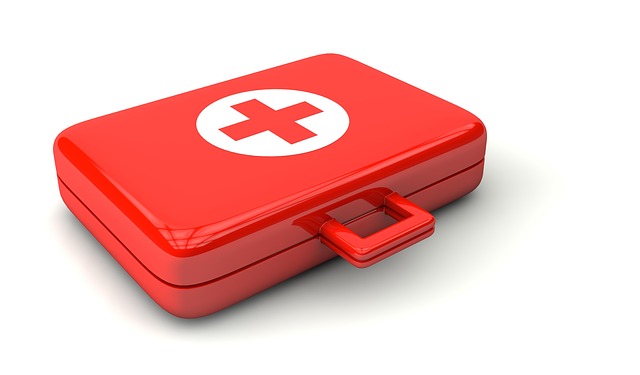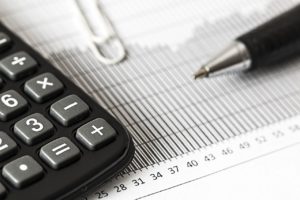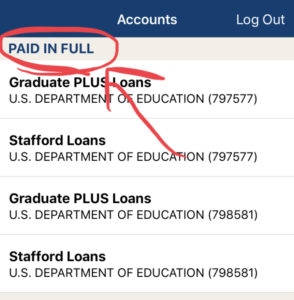Current Balance: $28,697
If you’ve every read a book on budgeting or finances, there’s usually a step or chapter that involves having an emergency fund or a certain amount in savings for an unexpected event. Should have you have an emergency fund? Yes. How much should have in that fund? Well…you guessed it…it depends.
The most common rule for a savings account is 3 – 6 months of your monthly expenses. For an emergency fund, I’ve seen recommendations for anything from $1,000 to $20,000!! For those just getting started on paying off your student loans, or any debt, I like Dave Ramsey’s baby step #1 which is saving $1,000 for an emergency fund. In life, unexpected events are going to come up: a car repair (I had to replace my radiator for $700), an HOA fine for not having your driveway power washed (true story, $100 for a pressure washer), ear tube surgery for my daughter ($2,600), a broken garage door ($425), or a clogged A/C drain ($135). All of these happened in the last year, and if you add them all up, $1,000 would not have covered it.
You have to look at your individual situation. If you rent a house or an apartment, many of my examples would not apply, but if you own an older home those expenses could have been much more. My take is, like baby step #1, save $1,000 as quick as possible before you put extra cash towards your student loans. Then look at your situation and whether more is needed. I think a good rule of thumb is 5% of a household’s highest earner’s salary. For example if you make $55K and your spouse makes $60K, try to get your emergency fund up to $3,000. If you’re single, its 5% of your salary.
Why the 5%? Let’s say your highest student loan rate is 6.8% and you have an emergency fund of $1,000. All of sudden you get hit with multiple unexpected expenses that total $3,000. How do you pay for it? Ask family? Ask a friend? Most likely you take out a credit card and you charge it. Now you’re paying as much 19% interest until you can pay it off. Again, look at your situation and start building up your emergency fund. If you have any questions, please feel free to comment below.




